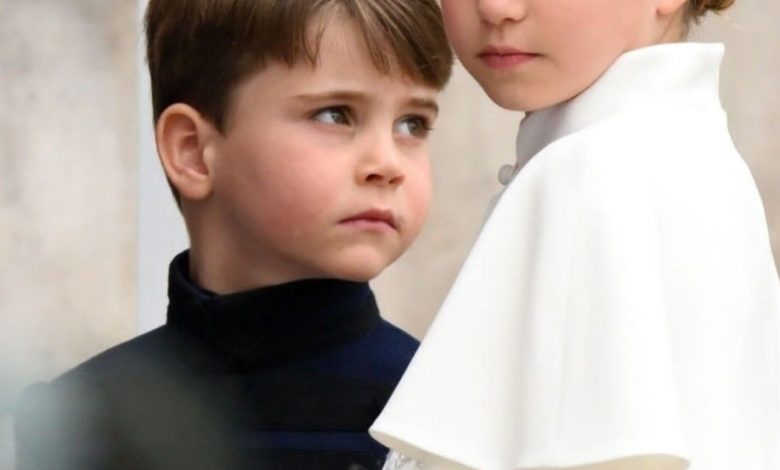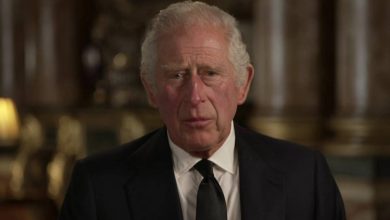Breaking News: An expert in psychology gives the Worst News about Prince Louis and Charlotte

Breaking News: An expert in psychology gives the Worst News about Prince Louis and Charlotte
The immediate future of the youngest children of the Prince and Princess of Wales, Charlotte and Louis, might not be as simple as it seems at first glance. Proof of this is the bad news that a child psychology specialist has revealed through a British media outlet.
As has been confirmed, in the coming months Prince William and Kate Middleton are expected to leave Adelaide Cottage to move into their new home. This is Forest Lodge, a property also located on the Windsor grounds.
This change of residence, although it hasn’t happened yet, has already caused some controversy. However, like any parent, what most concerns the future monarchs is how this move will affect George, Charlotte, and Louis.
Now, while the family prepares for this transition, child psychologist Laura Gwilt has broken her silence through Hello! magazine. During her appearance, this professional has analyzed how these changes can affect the little ones.
Moreover, she hasn’t hesitated to share with all the readers of this publication the worst news about Prince Louis and Charlotte. In her view, the two youngest children of the Prince and Princess of Wales may find it difficult to adapt to their new home.
A child psychology expert reveals the biggest challenge Louis and Charlotte will face
This child psychology expert has stated that the family changes the British royal family is facing could have emotional consequences for George, Charlotte, and Louis. According to her, moving is usually one of the most challenging experiences for children in early stages.
“Moving is a major stress factor for children because it disrupts routines and predictability. Research shows that even a single move in childhood can increase emotional stress, with effects such as irritability, attachment, or difficulty sleeping.”
Even so, Laura Gwilt points out that there are ways to make this stage easier for George, Charlotte, and Louis. In fact, she recommends prioritizing continuity in school, mealtimes, and family habits. These constants provide them with a framework of security in the face of changes.
“Children respond to moves differently depending on their stage of development. The youngest may experience temporary regression: becoming more dependent, having difficulty separating, or showing behavioral changes,” she notes.
However, she has highlighted that “older children and teenagers” may be more resistant. In fact, they could show clear signs of “irritability, withdrawal, or reluctance to integrate into the new environment”:
“George, being the oldest, may feel the pressure to adapt quickly, while Charlotte and Louis may show more obvious dependence. Parents can support adaptation by naming and validating these feelings instead of minimizing them.” Something that, according to her, “helps children feel understood and capable of facing the situation.”
In this regard, the expert makes it clear that the active participation of the children in the move is key to their adaptation. “Involving children in the moving process improves adaptation and reduces stress. Evidence shows that when children feel some control, they adapt more positively,” she concludes.




